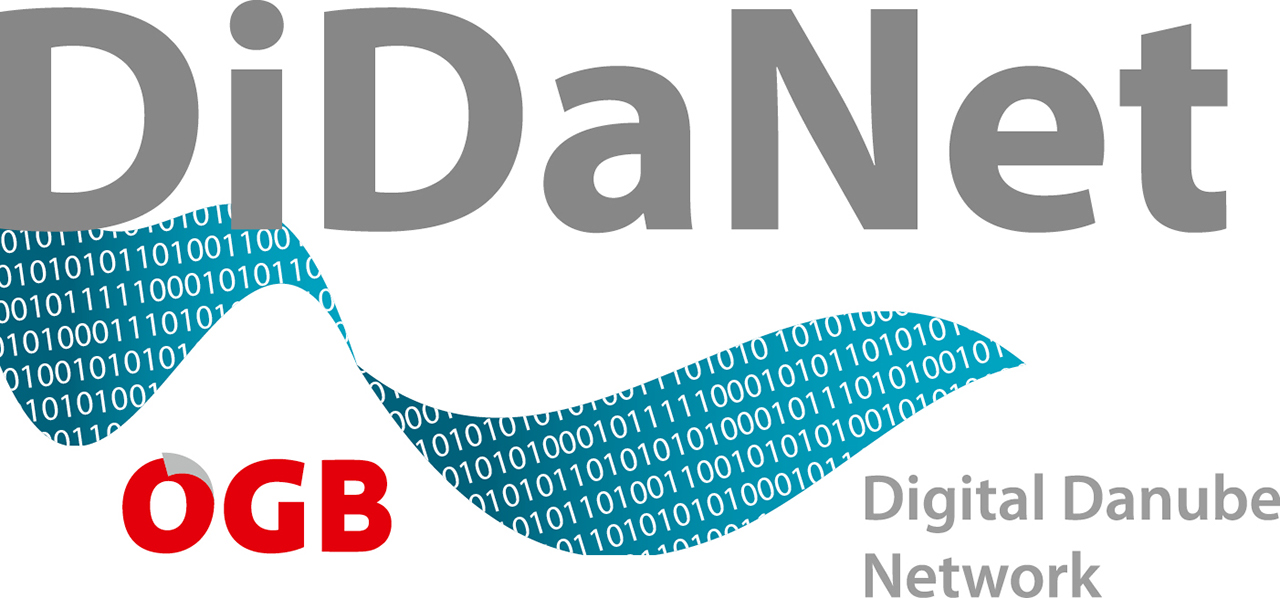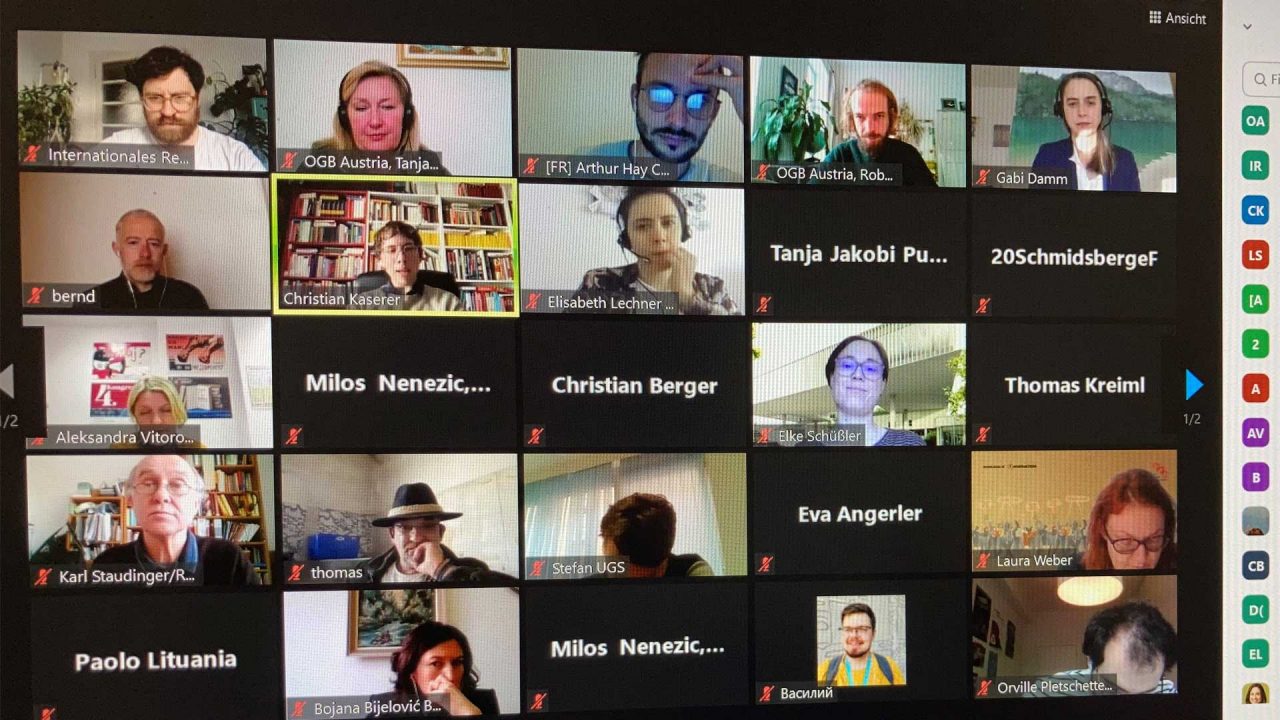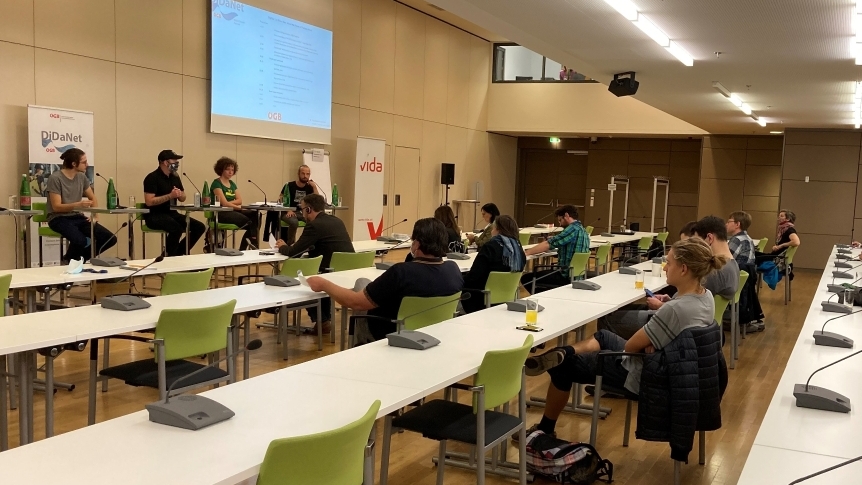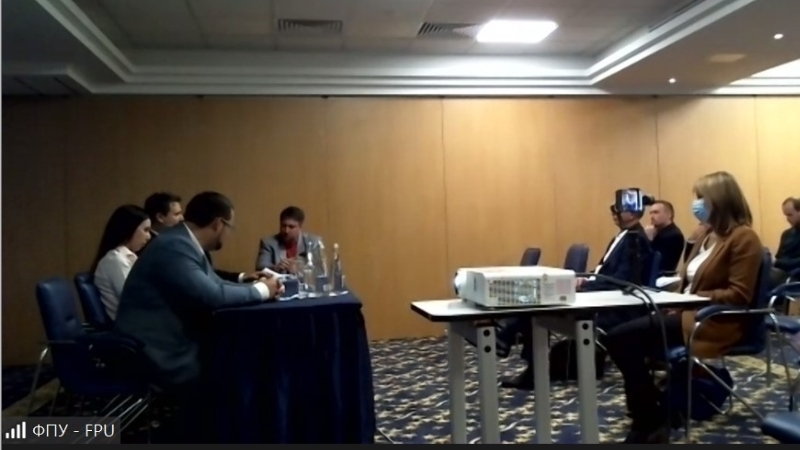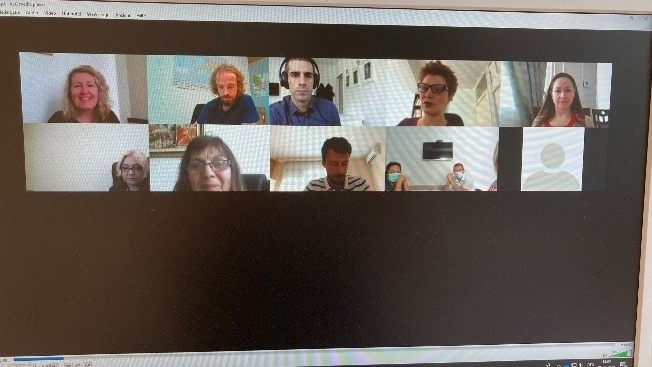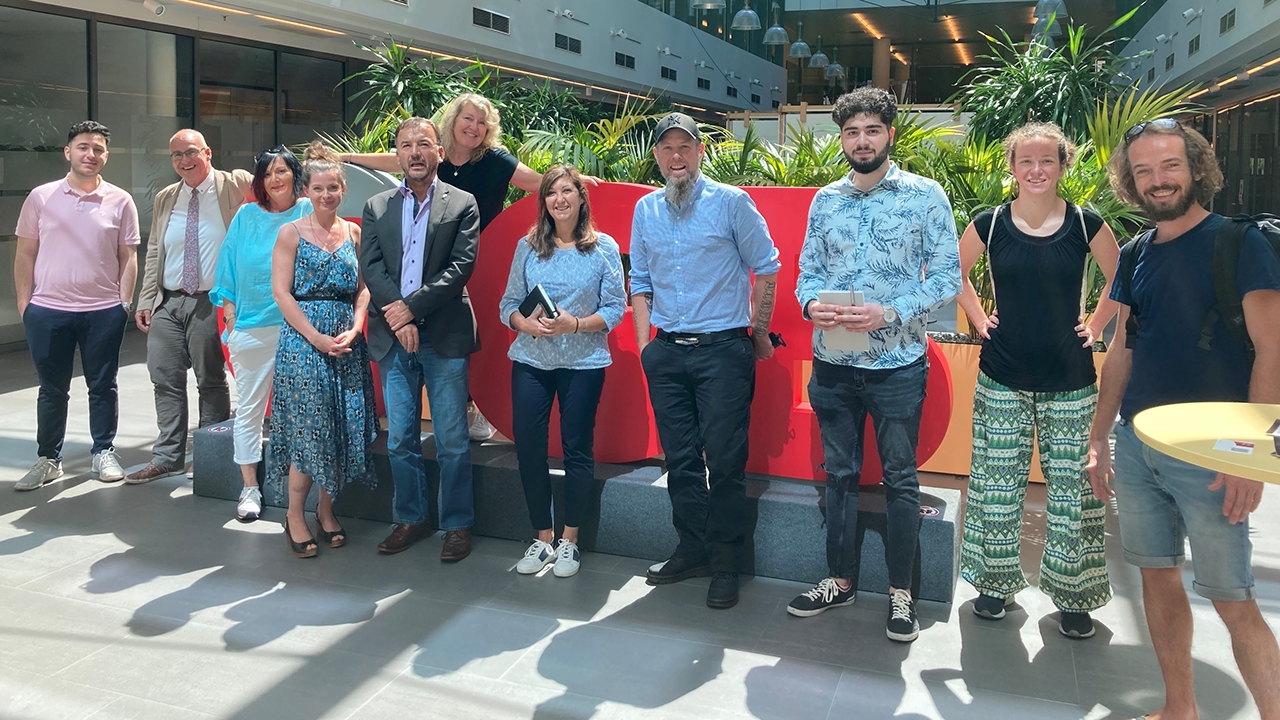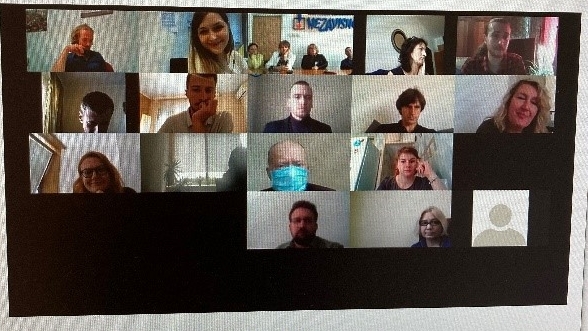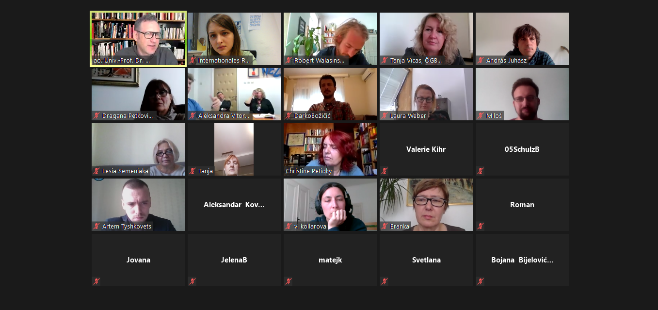Fair work in the digital era!
An international cooperation between trade unions and social partners in the Danube region
Introduction
Digital transformation is one of the most significant developments of the 21st century. While employers in all sectors invest in modernising work processes, employees are feeling increasing pressure and are confronted with a lack of training offers. Because of this, the international department of the Austrian Trade Union Federation seeks to strengthen transnational solidarity and, in the form of project cooperation, wishes to set the course for the necessary involvement of workers and workers’ representatives.
State of Play
Digitalisation has been increasingly influencing our social circumstances and economic working conditions which means that its diverse effects can be seen in all professions: There are some who benefit from the new, flexible forms of work and can thus secure their livelihood in the long term. Others, however, experience rationalisation – a result of new technical possibilities, as a burden. Also, social protection is constantly threatened due to reduced contributions resulting from tax evasion and consequently, employees are under pressure to work more in order to earn a decent wage. Therefore, the project “DiDaNet” focuses on the topic of digitalisation in connection with the challenges and opportunities in the labour market resulting from this development. The project countries Moldova, Serbia, Slovenia and the southern regions of Ukraine (Zakarpattia Oblast, Chernivtsi Oblast and Ivano-Frankivsk) are increasingly confronted with the consequences of “brain drain”. As a result of these developments, precarious working conditions affect a growing group of people who work on online platforms. The “employers” are thus able avoid classic employment contracts through various forms of bogus self-employment. It is the obligation of the stakeholders in the labour market -- especially of trade unions, to evaluate the individual claims of disadvantaged workers and to contribute to the nationwide implementation of two elementary social pillars: fair living and working conditions for all people in these regions.
Objectives
In order to achieve results on a large scale, strategies must be developed on the one hand, not only to counteract precarious working conditions, but also to reduce “brain drain”. This would be most effective through the cooperation of all social partners. In addition, the establishment of a network for platform workers and digitalisation experts will enable the exchange of information for currently unorganised workers. Due to national circumstances and heterogeneous degrees of digitalisation, the transfer of knowledge would help a great deal. Serbia and Austria can pass on the results of their cooperation from the "Danube@work" project but would also receive the opportunity to implement their experience and knowledge in order to further develop the results together with the other project partner countries. Above all, the exchange of knowledge and best practices and the cooperation with all stakeholders should reach as many people affected by precarious working conditions as possible.
Digital Danube Network

Adobe Stock
Main Focus
The Future of Work
- National and international conferences in the Republic of Moldavia, Serbia, Slovenia, Ukraine and Austria
- Seminars on digitalisation in areas where there is a need for action pertaining to protecting the interests of workers
- Continuous exchange between the project partners on current developments
Platform Work
- Establish a network for platform workers and Experts on labour law and digitalisation
- Establish a network community of platform workers
- Arrange a “Digi Day” in all partner countries
- Plan seminars on platform work for Austrian works councils
Project Area:
Austria, Republic of Moldavia, Serbia, Slovenia, Ukraine (Zakarpattia Oblast, Chernivtsi Oblast, Ivano-Frankivsk)
Duration of Project:
01/01/2020 – 30/06/2021
The realisation of this project has been made possible with the financial support of the Federal Ministry of Labour.
Project Partners

Austrian Trade Union Federation (ÖGB)

Trade Union Confederations Nezavisnost/ Serbia (TUC Nezavisnost)
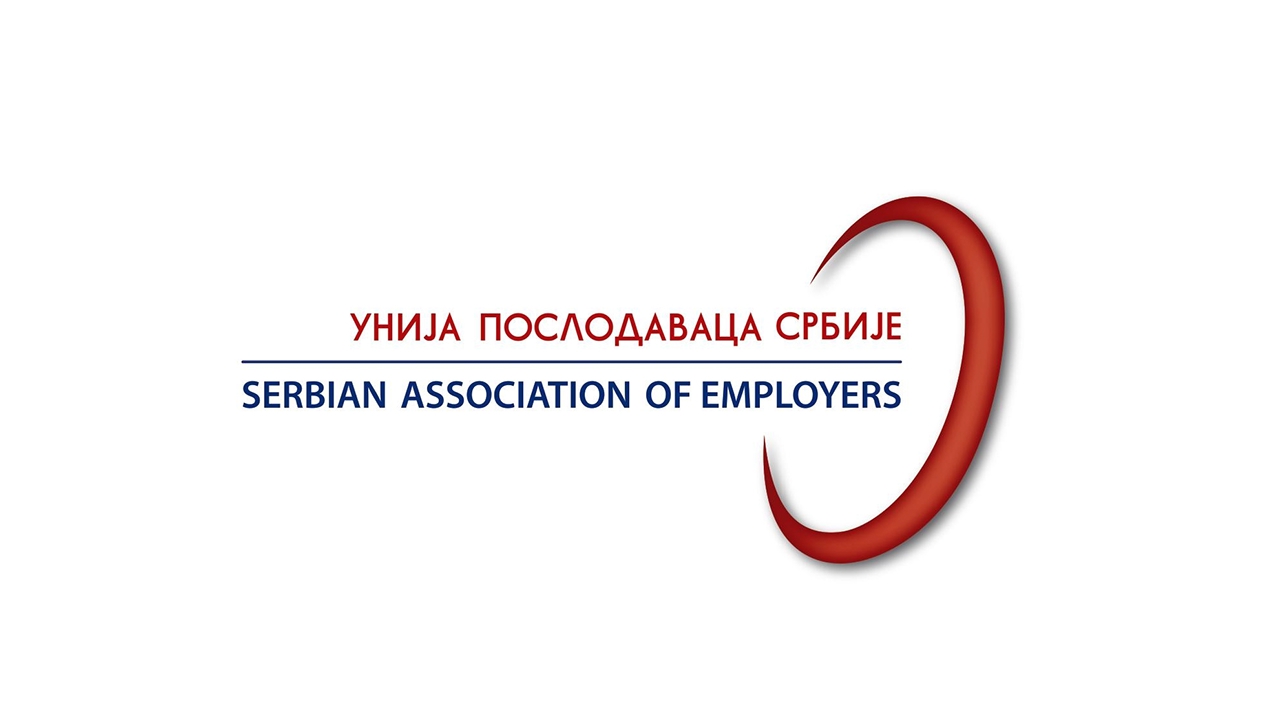
Serbian Association of Employers (SAE)

Radiocomunicaţii (Republic of Moldova)
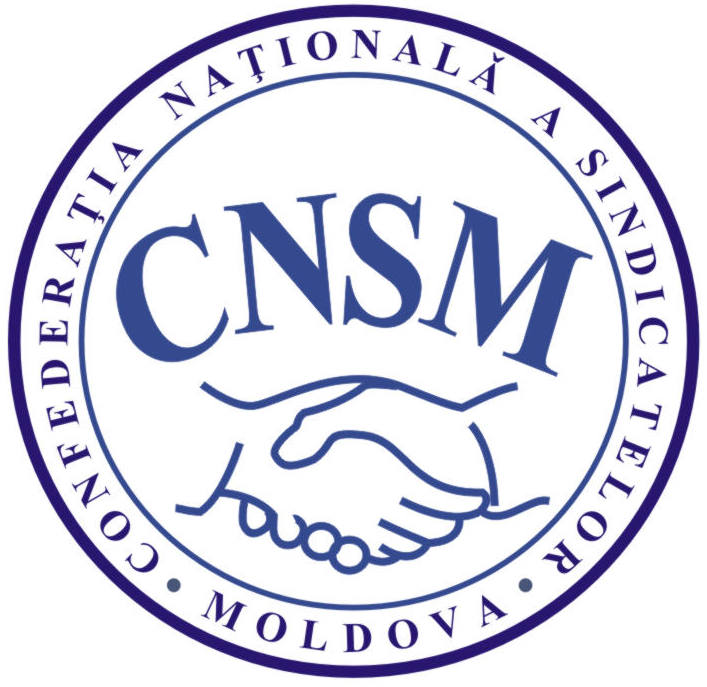
National trade Union Federation of Moldova (CNSM)
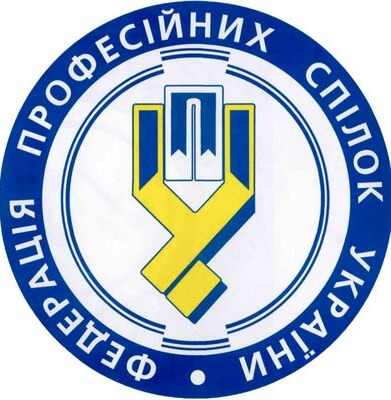
Federation of Trade Unions of Ukraine (FPSU)

Confederation of Autonomous Trade Unions of Serbia (CATUS)

Association of Free Trade Unions of Slovenia (ZSSS)

Association of Employers of Ukraine
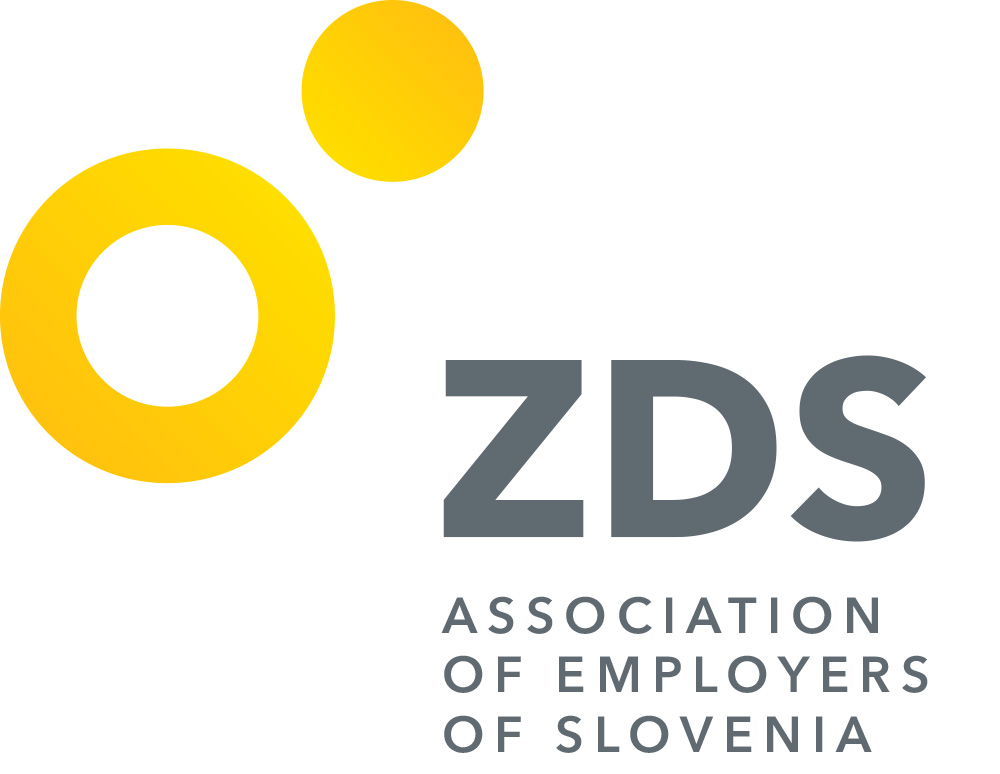
Association of Employers of Slovenia (ZDS)
Activities
Further projects

